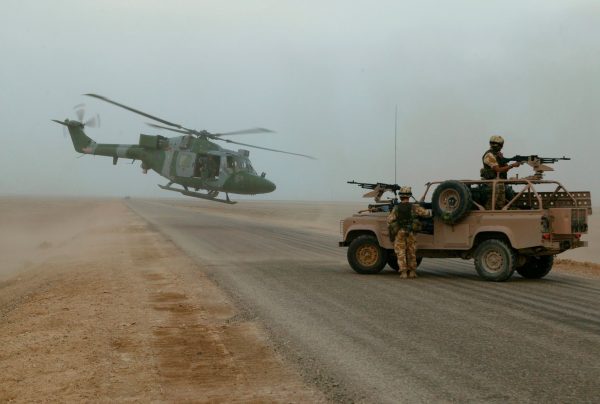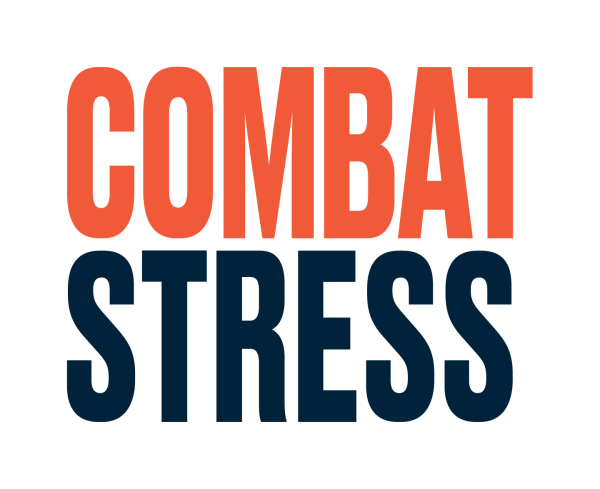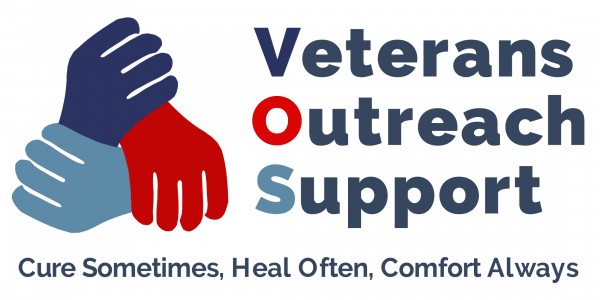19 March 2023 marked the 20th anniversary of the first Op TELIC deployment to Iraq. For us at The King’s Centre for Military Health Research (KCMHR), the anniversary of the beginning of Op TELIC holds special significance.
It was decided in the aftermath of the Gulf War that, should there be another major deployment, there needed to be improved health surveillance and research in place to understand and protect Armed Forces health and wellbeing.
This is how the first phase of the Health and Wellbeing study came about. We recruited a large random sample of Armed Forces personnel who were deployed to Iraq and a group that did not deploy but were ‘deployable’ so we could compare any differences in health outcomes. From the second phase of the study (2007-2009) a sample of Armed Forces deployed to Afghanistan as part of Op HERRICK were also included in the study.
Phase 3 of the study took place in 2014-2016 and by this time many in the study had left service to civilian life. Hence, as well as examining the long-term health implications of deployment to both Iraq and Afghanistan, we’ve also been able to focus our work on ex-service (veteran) health experiences and what happens after people leave service.
The Latest Phase of the Health and Wellbeing Study – Phase 4
We are now in our fourth phase of the Health and Wellbeing study and are getting back in touch with all service and ex-service personnel who took part in Phase 3 of the study (2014-2016), to see how their health has changed over time.
It is important for us to continue to follow up the health of serving and ex-serving personnel, both during and after their military career, to see if their health has stayed the same or changed over time. It is also vital to hear from both those who feel well and are not having any problems, as well as those who are experiencing difficulties. We have also included new questions in the study regarding the impact of the British withdrawal from the NATO mission in Afghanistan and any impact of service on relationships and children.
For those who have not yet taken part, we’d love to hear from you!
If you previously took part in Phase 3 of our study, please check your inboxes for an email from us at KCMHR. We may also have sent you a text or a postal invite letter asking you to take part. If you have not received one, or you think we might have the wrong contact details, please get in touch with us by emailing kcmhr-cohort@kcl.ac.uk or by calling us on +44 7723 476249.
Prize Draw – As a thank you, we are offering those who complete the questionnaire the opportunity to take part in a prize draw which includes a top prize of £1000. (Prizes: 1 x £1000, 2 x £500, 5 x £100, 5 x £50, 10 x £25).
For more information on the study, please see the study website here. Participation is completely voluntary, and an individual’s identity and responses are entirely confidential. It is really important for us to hear from as many participants as possible so we are able to gather as much evidence as we can to improve our understanding, services, and support for the Armed Forces community.
Why should I take part? What difference does it make?
- This research can help others in the Armed Forces past and present. The research helps to provide evidence to the government and other organisations and has a direct impact on improving policies and targeting support to the right people in the Armed Forces community.
- The data you provide can bust myths about the impact of serving in the Armed Forces by also highlighting positive outcomes and not promoting negative stereotypes that veterans are ‘mad, bad and sad’.
- Taking part means that your voices and experiences are heard and any long-term impact of service during the Iraq and Afghanistan conflicts will be understood for years to come.
Thanks to your input in the previous phases, we have been able to help facilitate change with policies, within the MOD, and at governmental level. For example, in the last phase of our study, we found a small rise in the levels of post-traumatic stress disorder (PTSD) experienced by participants from 4% to 6%, however when we dug down into the details, we found that individuals who had left service after having been deployed in a combat arms role were most at risk of PTSD, which rose to 17% in this group. With such evidence we have been able to advise the MOD, NHS, Office for Veterans’ Affairs, and many other statutory and charitable organisations to help change policy and target support for the Armed Forces community.
Research Impact
We previously wrote a blog describing more of the impact from our research which you can read here. For more detailed information about our previous findings, please see our key facts sheet or our website.
I have already taken part!
If you have already taken part in our survey, we want to THANK YOU so much for doing so. It means you are a part of the group of over 3,500 others who have had their voices heard in Phase 4. A huge thanks also goes to participants who have been with us from the start and have taken part in the study for over 20 years now! Your commitment to research makes a positive difference to others in the Armed Forces community. It is our intention that Phase 4 will continue to have a significant impact as previous phases of the study.
I’m not part of this study, how can I support Armed Forces Research and stay informed?
For updates on this study and our other work, please follow us on twitter @kcmhr and take a look at our most recent blogs and publications.


















